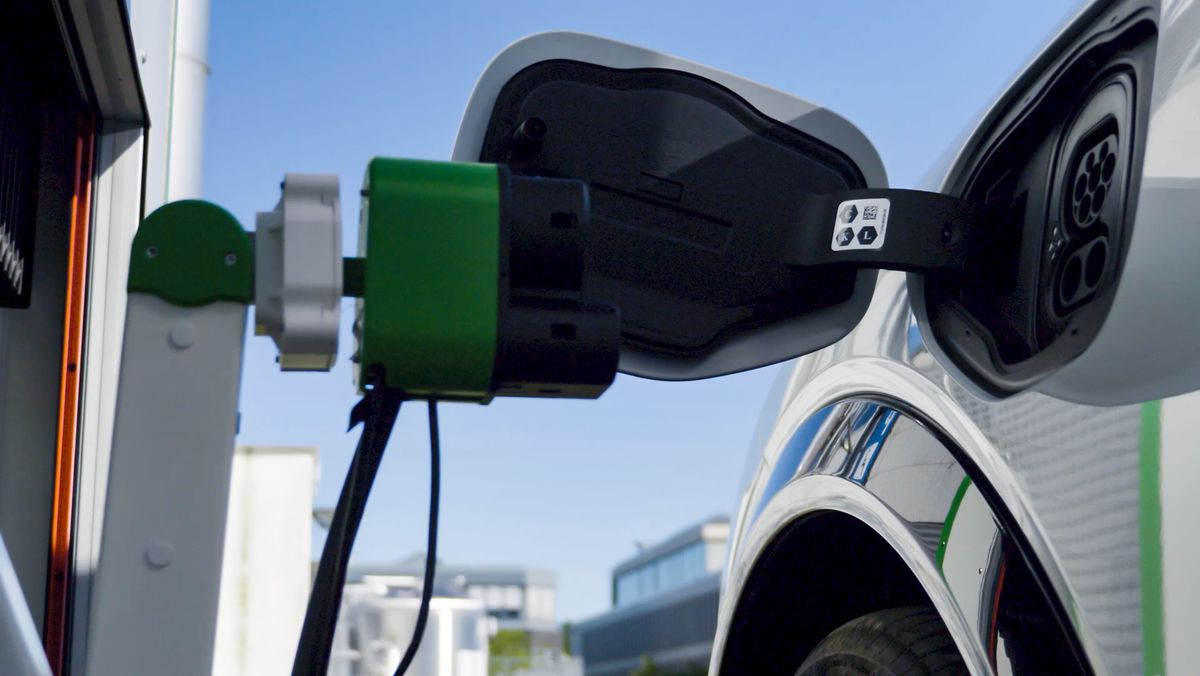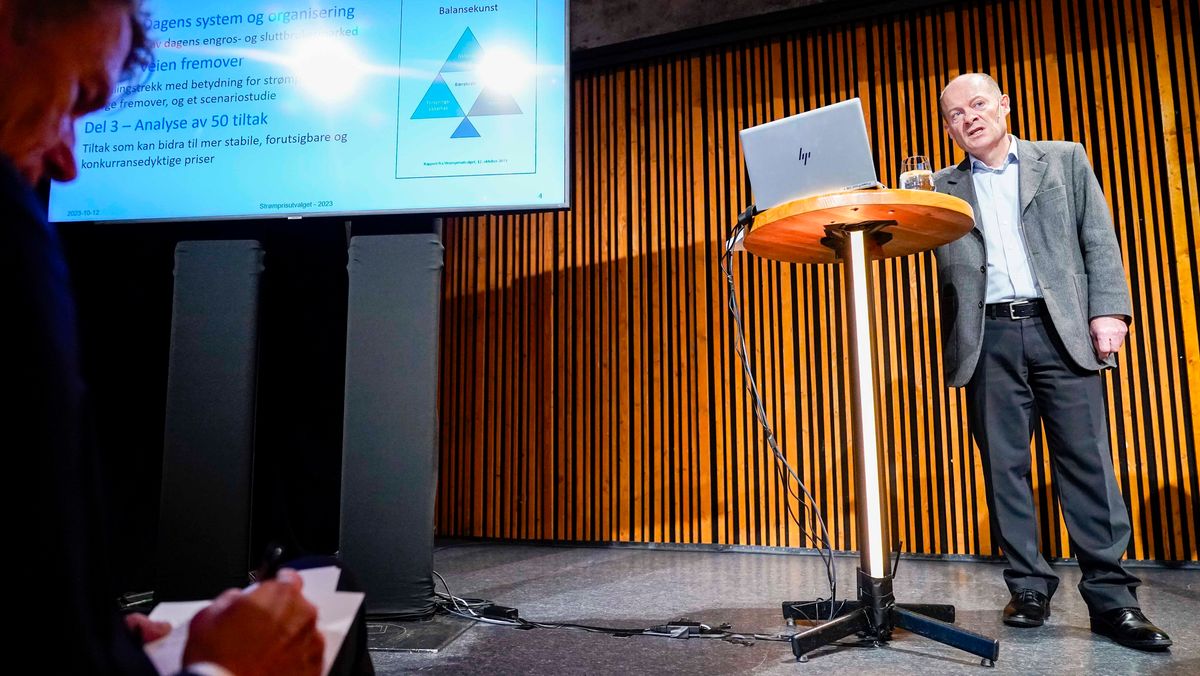There has long been talk of wireless charging as a solution to make charging cars more practical. some projects Posted too.
There are still drawbacks to such solutions, the biggest probably being that equipment in existing cars will have to be retrofitted if they are to be able to use a potential future network of wireless charging stations.
However, all electric cars are fitted with an electric socket. An alternative solution to wireless charging can be a solution where the charging plug is automatically connected to the car socket. There have been many experiences with this technology.
robot snake
In 2015, Tesla demonstrated a prototype of a “snake robot” that attaches itself to a car charging port. It has yet to materialize in the form of products available to customers, but in October 2020 at the latest, Tesla CEO Elon Musk indicated in a Twitter message That such a snake robot is still planned as a future solution.
Tesla is not alone in thinking this way. In 2019, Volkswagen presented Similar concept; A robotic arm finds its way into the vehicle’s charging bay and starts charging automatically. The difference is that Volkswagen envisioned a robot with a built-in battery bank, which can find its way into your car in the parking lot so you can get a charge without having to think about where you put the car.
Chinese Aiways had almost the same idea when they presented their idea in 2019 A shipping robot named Karl. This concept is equipped with a 30 or 60 kWh battery, which is ordered via an app and delivered to your vehicle. There are many examples of these concepts.
Ford is testing its own concept
Now it’s Ford’s turn. They are currently testing a charging station that attaches itself to your car, the car maker writes in one press release. Their concept appears to be similar to that of the 2015 Tesla, in that the charging robot is stationary.
According to Ford, the technology could eventually make the charging process fully automated. It can benefit people with disabilities. It’s not necessarily easy for everyone to deal with a large and heavy charging cable.
Ford also notes that automated charging solutions will be necessary as cars become self-driving.
The robot arm that controls the charging plug is equipped with a camera that helps it find the charging socket. Charging begins and ends via a separate app. When the vehicle is fully charged, the charging plug is automatically disconnected from the vehicle.
The concept was developed at the University of Dortmund in Germany. Ford envisions it can be used at public charging stations and at home.
According to the press release, the next step is a follow-up project with Ionity that will look at how to develop bot terminals. Then it should be noted that Ford refers to the solution as something like sometime in the future Can Become part of their shipping network. So whether it will become a commercially available offering is highly uncertain.

“Web specialist. Lifelong zombie maven. Coffee ninja. Hipster-friendly analyst.”



